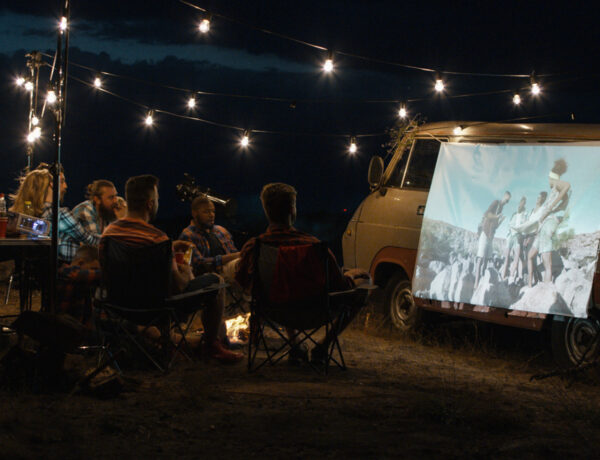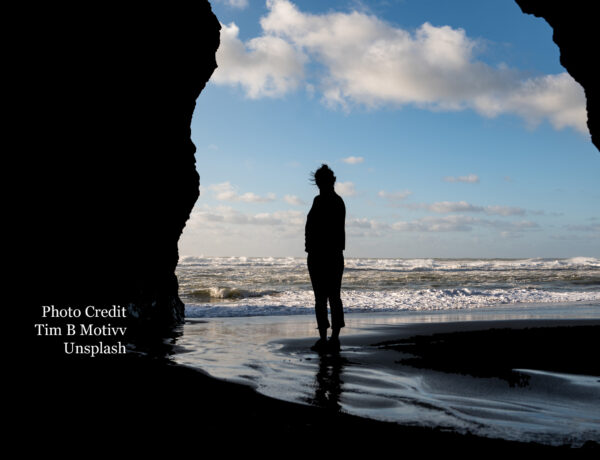Originally published March 24, 2020
Here in Washington State I woke up this morning to lock-down. All nonessential businesses are ordered to close. If necessary, they have 48-hours to get things in order. That means I have a non-producing client for the duration. Doesn’t mean I won’t get the work done, but, well, we all have some sacrifices to make.
Update on worldwide numbers this morning is showing the US in a solid third place just now with 46,158 confirmed cases and 583 fatalities. At this point only 35 are confirmed recovered. I know China said they were good, but the reports are showing an increase of 1.78 percent in the last 24 hours. We are far from done with this—and yet we still don’t get it. (Note this link is dynamic and will report current numbers when accessed).
I am one of the lucky ones. My day job is connected to an essential service and I can work from home. We have spent the last two weeks planning so that everyone that can be remote is and those who have contact with our clients can do so through phone connections. I am proud to be part of such a team. And I am greatly blessed.
I hear, though, that there are those who think that our economy is more important than our lives. That, perhaps, we can sacrifice those in our population who are old, have underlying conditions, or too poor to keep the engines of industry running without risking their health. That the 40% of Americans who are living paycheck to paycheck just don’t count enough to protect or support. After all, there’s always more where they came from, right? A fresh supply sits crammed in camps and detention centers on either side of our southern border.
There are several problems with that plan. You can’t control a virus by age group, socio-economic status, color of skin, or (obviously) nationality. The numbers coming out of California show a bubble in the 18-65 age group. No matter how good our models are, we can’t always predict the direction of a disease; especially one that can mutate in order to do what it does best—infect. Even those who flit about in the stratosphere of our society are testing positive.
Also, the United States, against any internal delusions to the contrary, is not an island. A search for photos for this blog ended in a barrage of photos of major cities around the world that were filled with deserted streets. There is no “business as usual” just now, so wake up from that dream and deal with reality as we find it.
I have grown weary of the mantra that flu kills tens of thousands of people a year, why are we so upset over this? First, those tens of thousands are people, not statistics. People who mean something to someone. In 2015 one of those statistics was my husband, those numbers represent real losses. Nor does anyone understand the full extent of the economic impact of flu season as workers show up to work because they have no choice if they want to pay their bills, eat, and have shelter. When they show up at work, several other folks get sick, and the cost in productivity, health, and financial stress on the economy continues. The fatality rate of the common flu is .01%. So far COVID-19 is scoring higher than 4%. You don’t have to know math to figure out that is a big difference.
Let’s take an example. During the 2018-2019 season the CDC classified the impact as high severity. From the CDC:
CDC estimates that the burden of illness during the 2018–2019 season included an estimated 35.5 million people getting sick with influenza, 16.5 million people going to a health care provider for their illness, 490,600 hospitalizations, and 34,200 deaths from influenza [Table 1]. The number of influenza-associated illnesses that occurred last season was similar to the estimated number of influenza-associated illnesses during the 2012–2013 influenza season when an estimated 34 million people had symptomatic influenza illness.
So, high severity season and there was a fatality rate of .0963% (34,200/34,500,000). These numbers are for the US only. Let’s convert that to COVID-19 math. 34,500,000 people infected X 4% fatality rate is 1,380,000 people. That is a lot of living, breathing souls, most of whom will never see a medical professional or receive care of any kind either because there is none available to them or because our health care system is in triage mode; Italy has been there for days. An article published by the AMA on March 19th makes it clear that protocols are already being developed in expectation of limited resources. Protocols that might mean someone you care about does not get a ventilator or even a hospital bed.
Granted, these are broad, back of the envelope, numbers which are impacted by a myriad of influences depending on local or regional health care systems, access to basic needs, underlying health conditions, and duration. Even yet-to-be-quantified elements such as how fast this particular brand of bug can mutate to protect its survival and continue to infect. They are, however, an illustration of how incomprehensibly naive our society is about containing this under “business as usual” scenarios.
Have we become so brazen, so uncaring that we really don’t care about the repercussions of our actions? What changes in your life style are you willing to make once the people who serve you at the drive through, pick up your garbage, help you at the store, the bank, the wherever there are folks stumbling along on a minimum wage with no benefits, are no longer there? Was your trip to the beach worth infecting the next person you met at the grocery store who may be taking care of an elderly relative at home? Really? By the way, have you thanked the people who are still out there delivering, cashiering, making life tolerable for you at the risk of their own health?
I have written a book about my hero, Job. It is currently in the process of being published, although I’m not sure how the current situation will impact the release date. I’m not sure even my publisher can know. Then, of course, having a book out is nice only if folks can get one. As of now even Amazon is focused on essential supplies and book delivery dates can be as much as two months out. I’m now looking for other ways to get those ideas out into the world. My firm conviction is that we are called, whatever our faith or ethics, to help each other. To become informed and to act in responsible, compassionate ways.
You do not need an advanced degree in biochemistry to understand pandemics. You do need to kick conspiracy theories and “hunches” out the door. You do not need an advanced degree in economics to understand there are people hurting and you—yes you—may be one of those that can help. You may feel protected in your faith. You may feel like the end is near and you have a front row seat. You may be one of those who think a lock-down is a great excuse to do the spring break gig you never had in college (or had too much of). I am here to tell you that whatever your vision of yourself, you are not being brave. You are not being smart. I suppose if the only people affected would be those who chose hubris, willful ignorance, or selfishness I might be willing to shrug and walk away. Might. But, I can’t. I still must try to get people to think through their actions and how those actions impact themselves and others.
Please, find the sources that know what they are doing. If you have a medical question, seek out the medical profession. There are any number of places that have solid, actionable information regarding this current crisis. Check out the CDC, NIH, and WHO. Your state or local health organizations have information on what to do and where to go (or not) if you think you have a problem. Many states are already gearing up to support small businesses and hourly employees. Be informed and act accordingly.
And above all, see what you can do to help. If you are one of the privileged that still has cash flow and a reasonable assurance it will continue, then find ways to help your community. Pay your barber, hairdresser, or any personal service provider what you normally budget for that service. Support local restaurants that are providing take out or delivery. Add a bit to your utility bill or donate to the charity pool so that others can keep the lights on. Keep after your representatives to make sure they make the right decisions to protect us as a people and a nation. If they lose a sense of priorities (as so many have)—then they need to move on.
Most of all, keep your heart safe. Do not allow the urgency of the situation drive you to distraction and cause you to hoard or jump on every rumor. Be safe.




No Comments